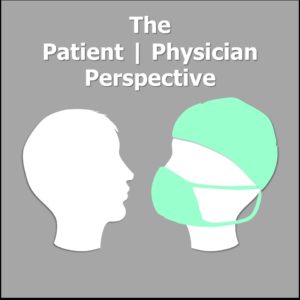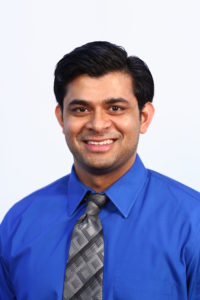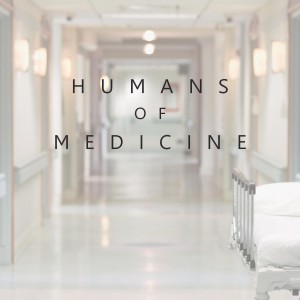Once the Compressions Stop
White gloves on black skin. The fingers of my gloved hands still interlaced, still resting tensely over her sternum. Elbows still locked. Frozen in the position endlessly refined during CPR training. It turns out that blood flow is important for catheter angiography, which presents a challenge if your patient has no heartbeat. Has not had a heartbeat for 45 minutes.





